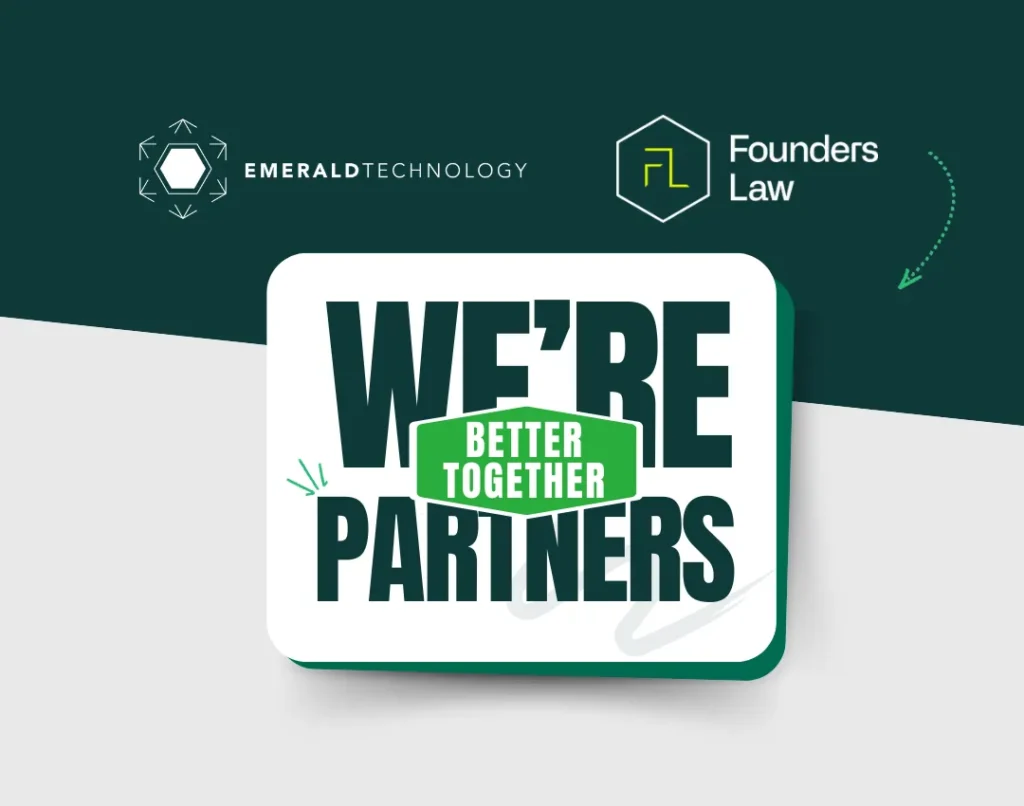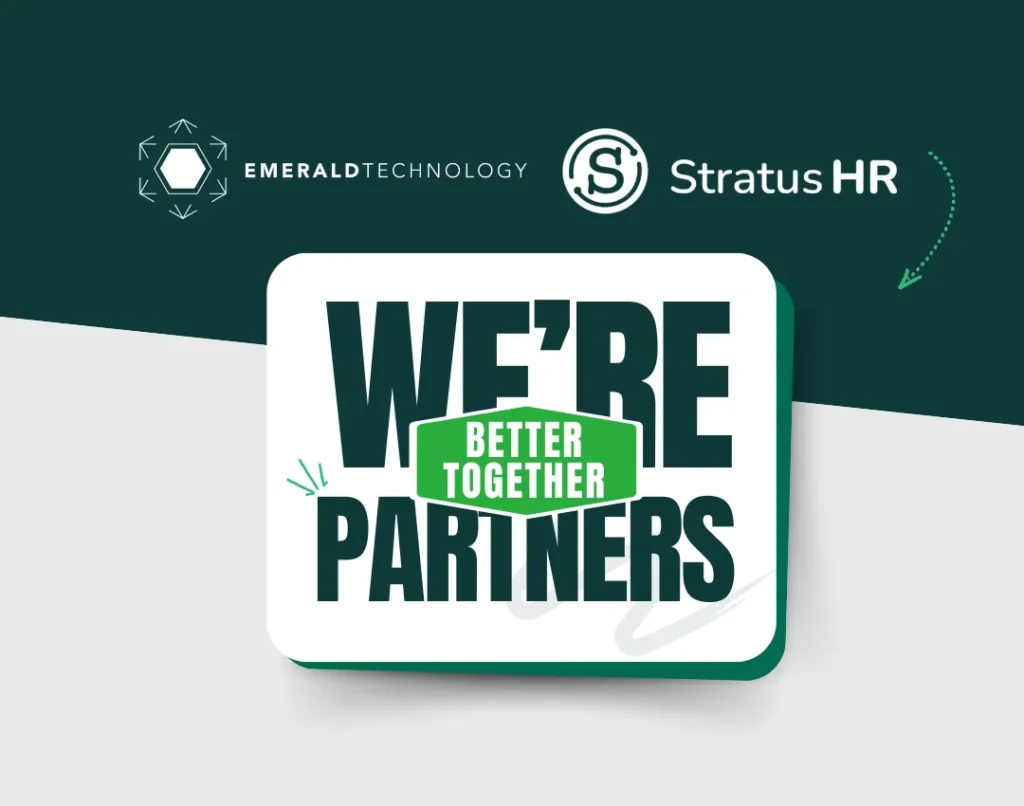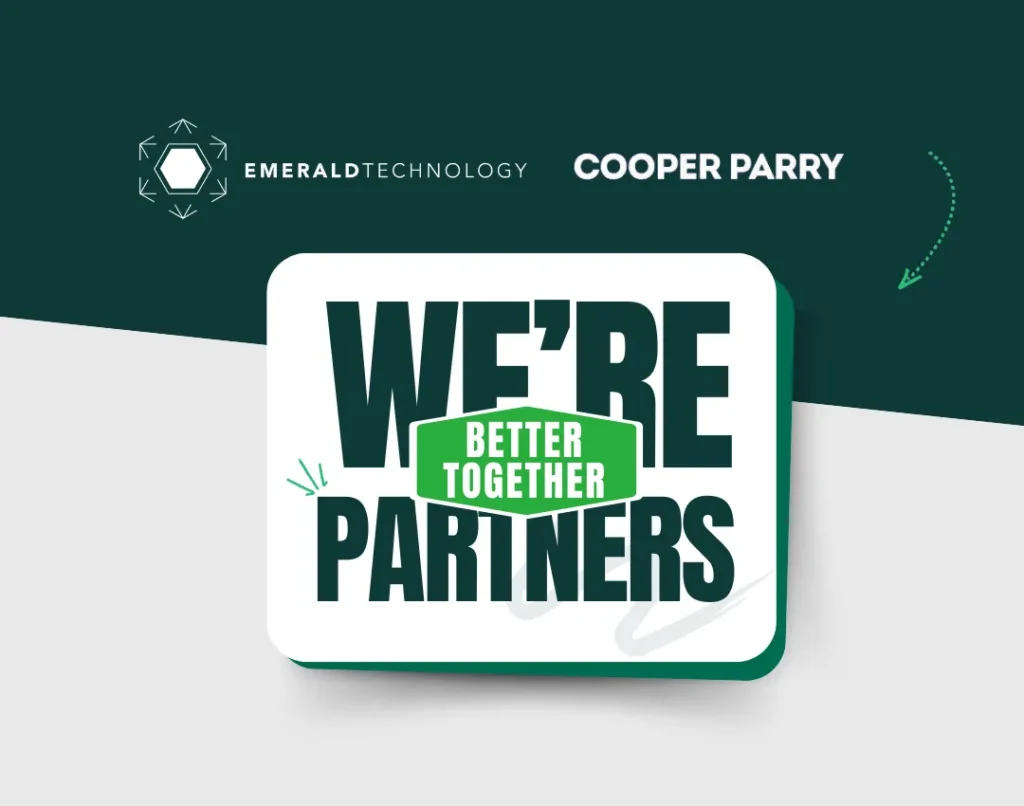At some point on your company’s journey, you will undoubtedly want to expand outside of your base of operations. Setting up a legal entity in a new territory can be costly and time-consuming; not to mention the challenges of setting up in a country with legislation and cultural nuances that you are completely unfamiliar with.
Many countries are clamping down on the traditional model of engaging with local contractors due to the rise of ‘pseudo-employees.’ Organisations are masking employees, who receive full time employee benefits, as contractors. Taking this route, you risk a hefty social tax bill and potential legal implications, as contractors benefitting from full time employee benefits is not compliant.
A permanent entity, on the other hand, is typically expensive and inflexible, committing you to long-term costs and obligations in the new territory. In this post we will explore the four major areas you should be aware of in preparing for international business expansion.
Our EOR Guides
As your firm grows, an Employer of Record (EOR) can help hire and onboard remote workers by providing legally enforceable contracts and visas in almost every major market.
Want to learn more? Take a look at all our EOR guides below.
{% module_block module “widget_1678267735987” %}{% module_attribute “label” %}P36 CTA{% end_module_attribute %}{% module_attribute “path” %}/POWER THEME P36/modules/P36 CTA{% end_module_attribute %}{% module_attribute “module_id” %}78028489238{% end_module_attribute %}{% module_attribute “schema_version” %}2{% end_module_attribute %}{% module_attribute “tag” %}module{% end_module_attribute %}{% module_attribute “no_wrapper” %}false{% end_module_attribute %}{% module_attribute “css” %}{}{% end_module_attribute %}{% module_attribute “child_css” %}{}{% end_module_attribute %}{% end_module_block %}
{% module_block module “widget_1678268009190” %}{% module_attribute “label” %}New Expertise Table{% end_module_attribute %}{% module_attribute “path” %}/RVPs Custom Modules/New Expertise Table{% end_module_attribute %}{% module_attribute “module_id” %}95979257238{% end_module_attribute %}{% module_attribute “schema_version” %}2{% end_module_attribute %}{% module_attribute “tag” %}module{% end_module_attribute %}{% module_attribute “no_wrapper” %}false{% end_module_attribute %}{% module_attribute “css” %}{}{% end_module_attribute %}{% module_attribute “child_css” %}{}{% end_module_attribute %}{% end_module_block %}
What Is an EOR?
During your company’s global expansion journey, you might have encountered the term “Employer of Record” or EOR. But what is an EOR, exactly? Find out all you need to know about EORs and how they can help your business succeed overseas in our article.
Learn all you need to know about EORs here
What’s the Difference Between a PEO and an EOR?
When looking at expanding your business into foreign markets, your research might pull up two similar terms — PEO and EOR. However, they’re not the same thing. So, what is the difference between PEOs and EORs? Learn the answers to that question in our helpful article.
Find out the differences between PEOs and EORs here
How EORs Can Raise the ESG Score for Tech SaaS Businesses
Whether you’re looking to sell your firm or raise capital, having an ESG certification will make you a more marketable candidate. An Employer of Record can improve your ESG score in a number of ways — learn how in our comprehensive guide.
Discover how an EOR can raise a tech SaaS business’ ESG score here
Employer of Record vs Automated Payroll Platforms
You may have read that an EOR can also act as a payroll manager, so why shouldn’t you just use an automated payroll platform instead? The differences between the two services are vast. Find out what they are and which service is the best for your business in our article.
Explore the differences between EORs and Payroll Platforms here
Deel vs Emerald Technology: Which Is the Better EOR Solution?
When picking an EOR solution for your business, price shouldn’t be the only consideration. It’s important to go down to the nitty gritty details of the service before making the ultimate decision. In this article, we talk about whether Deel or Emerald Technology is the better EOR solution for your business needs.
Meet Emerald Technology’s EOR Team
At Emerald Technology, we believe that knowing the people you are planning to collaborate with in business is key to a successful partnership. This fun article introduces some of the team behind Emerald Technology, who work hard to ensure that your business maintains compliance anywhere in the world.
Meet the EOR superstars you’ll be working with here
But first – what is an Employer of Record (EoR)?
An EoR provider is an international Human Resource solution designed to manage payroll for employees who work for clients in different locations and countries where the organisation does not have a legal entity or operations. An Employer of Record is essentially an entity that has assumed tax or employment reporting responsibilities for its employees working under a full-time employment contract.
As your business expands, EoR can support the hiring and on-boarding of remote employees, providing them with fully compliant contracts and visas (if required) in pretty much every major economy all over the globe.
An EoR provider will handle all new employee onboarding tasks so you can spend more time focusing on the growth of your business. By streamlining back-office HR processes through an EoR provider, you’ll save time, reduce compliance risk, and have peace of mind knowing everything is being handled properly.
How EoR can Protect Intellectual Property (IP
When you hire workers through a global payroll provider, this company becomes their employer, an EoR. This means that if a worker misappropriates your intellectual property, your business can hold them accountable, just as it would an employee who worked for you in-house.
The difference is that it’s easier to enforce these contracts because they were carefully vetted before hiring and transferring ownership rights over to you. And because such contracts are governed by local laws in different countries and regions around the world—rather than a standard employment contract used everywhere—you can also call on local courts for help enforcing your contract.
You can read more about IP here in our companion blog: OVERCOMING “COPYRIGHT PIRATES, BRAND IMPERSONATORS, PATENT FLOATERS AND TRADE THIEVES.”
Providing international travel flexibility with EoR
There are several advantages to becoming engaged with an Employer of Record: EoR enables you to have a wider pool of talent, or allow employees to work from their home country or any other country they wish to relocate to. This offers them a considerable degree of flexibility: they can move between countries, whilst still under your employment.
It also means they won’t lose their existing rights as employees while they travel. An EoR will cover payroll taxes for all workers at a single location based on where the employee is working from. Leave all the compliance to the EoR. And if you provide employee benefits, such as healthcare or child support, this is a great way for you to take care of everyone under one roof and set these policies once and for all. If you don’t have an international setup yet but would like to offer your employees an opportunity to work from home or anywhere else around the world, EoR can help.
How Tech firms use EoR for Global Expansion & Entering into new regions/countries
An EoR solution allows tech companies to simplify how they process payroll data, allowing them to run region-specific payrolls across multiple countries with just one solution. An effective EoR solution can enable companies that operate in multiple regions, minimize their operational risk and leverage global scaling as a strategic advantage.
Here is an example scenario – a mid-size San Francisco tech company has 250 employees globally and runs multiple payrolls on their own entities across 10 different regions (New York, London, Tokyo etc.). The firm brings on 25 new workers in France, Brazil and Canada. For most companies in similar situations, multiple new legal entities would be setup along with a local payroll provider, would need to be brought on board/created to handle France, Brazil, Canada specific requirements like tax filing, insurance or benefits administration. But let’s say that same tech company uses an EoR solution; they can now simply add France, Brazil, Canada as a new region and keep growing.
You can read more about Global Expansion here in our companion blog: IS IT TIME TO EXPLORE GLOBAL EXPANSION FOR YOUR TECH BUSINESSES?
EoR to Support Compliance and HR
The role of employer-of-record (EoR) and how it can support compliance and HR for your business expansion is multifaceted. Let’s take a look at each component individually:
EoR for Compliance:
When setting up an EoR, your provider has full ownership of all aspects related to employment—not just payroll. This means your provider is responsible for setting up compliant agreements (contracts of employment) and handling the onboarding process for new employees on behalf of vendors/FTE/temporary contractors/freelancers etc. Being in control of these functions can save a lot of legal expenses as you will be fully covered in case any issues arise.
EoR for HR:
With EoR, your employees work is managed by you and reported on your behalf. With that in mind, you also have more control over their training and development—especially as your company expands into new geographies. Employees report directly to you, which allows for flexibility as well as a better understanding of how employees are spending their time. EoR can also help you be aware when it’s time to hire or performance manage an employee, depending on your business needs. This means you have to do less legwork and spend less time doing paperwork so you can focus on getting tasks done efficiently instead.
G20 decision/legislation on corporation taxes and the impact of EoR
In 2021, the G20 announced a historic agreement on international tax policies: with the new agreement, the leaders of the world’s 20 major economies will ensure a 15% minimum tax rate for multinational corporations, which is due to come into force by 2023. This new policy was created with the goal of standardising tax rates for corporations and addressing tax avoidance. It follows global concern that multinational companies are re-routing their profits through low tax jurisdictions. As a result, companies will have to pay government and corporation taxes locally in all countries from which they operate to include both subsidiaries and branches. It is also set to include companies that simply make profit in countries where they operate, whether they have a physical presence there or not.
The G20 wants to bring the rest of the world up to a 15% minimum Corporate Tax rate and close the gap between countries with higher tax rates, and countries with rates so low that corporations “hide” within them. This way, no matter where the company is making profits and housing their headquarters -real or perceived – they will be paying at least 15% as a minimum tax rate across the board.
The G20 hopes this will increase honesty and transparency amongst large multinational corporations and discourage the tax status “hide and seek” that many large companies engage with each year.”
You can read more about G20 legislation here in our companion blog: HOW THE G20’S TAX LAWS COULD IMPACT YOUR GLOBAL HIRING & EXPANSION STRATEGY.
In short, your firm would need to use an EOR structure when operating overseas if you:
Have one or more employees located outside your home territory
Collect and remit payments of income tax at source on behalf of those employees under local employment laws
Operate in a jurisdiction where local employment laws require that you report payments of income tax withheld from wages paid by your company.
This is an evolving process and you should seek expert guidance from a trusted EoR provider.
Deciding if EoR is suitable for your business?
Establishing EOR means that you need to ensure that you really understand how it all works. For some businesses, it could be a good fit; for others, it won’t be.
Talk to one of our Business Development Managers before you make any decisions. He or she will help you assess whether EoR is right for your business and will work closely with you throughout to ensure everything goes smoothly.
We will handle every aspect of payroll administration on your behalf – including paying salaries, providing staff benefits and government reporting. All you have to do is keep expanding.
To find out more about how we can help your company expand globally, contact Emerald Technology.



